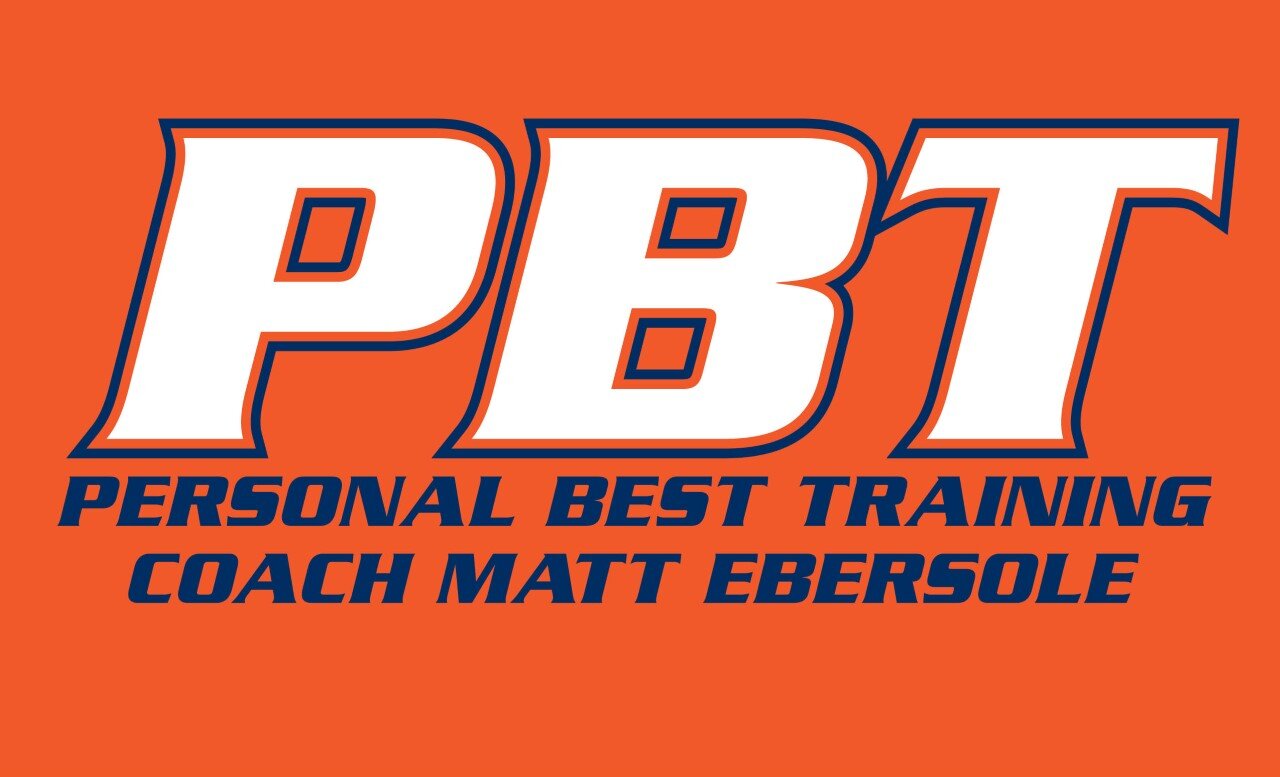When you find your performances stalled or slipping or you are mired in an ongoing injury cycle, it is helpful to investigate the battle between the calendar and the clock. Both play a critical role in planning your training and racing. With a year full of so many enticing events from which to choose it can be hard to prioritize races and plan your training (and breaks!) properly.
In this instance I am not referring to your body clock as something that tells you when to get up or eat, but rather your body clock that tells you when it is time to push harder, maintain, or back off. When you allow your body clock to determine when it's time to push and when it's time to rest, finding the optimal balance to be at your best becomes much more clear. A tell-tale sign that you are not listening to your body clock is when you are stuck in a bad patch and still think, "But I have this race coming in..." Another common symptomatic thought is, "I sure am tired, but today's workout is..." Your body could not care less about your plans or your calendar. It only cares if you have stress and rest in balance. The longer you push through accommodating training and racing plans, ignoring your body's yield and eventual stop signs, the longer it will be until you are thriving and feeling sharp on race day.
I will let you in on a coach's secret. No matter how beautifully crafted the workouts we write for our runners may be, it might not be the best thing to run them. There is a certain amount of crystal ball that goes into planning training. Sometimes things change and what seemed like a good idea a few weeks or days ago, is not not such a good idea or a downright bad idea now. Staying tuned to your body clock will tell you if it is the right time for a workout or race.
Sure, if we expected to feel inspired and 100% for every hard effort, there would be very few workouts being run. But when you have to drag yourself through something and the results indicate your body was not ready and you are falling behind in recovery, it is time to step back and reevaluate. Discerning when to tough it out and when to give in now for a better result later is a valuable skill. This is when having the objectivity of a coach can be very beneficial. The same mental tricks that make you a good runner are exactly the same ones that get you into trouble. You may need saved from yourself.
Check in with your body often to determine if what is planned is really the best decision. If it's not, your body has a way of winning sooner or later. As a matter of fact your body always wins in the end.

